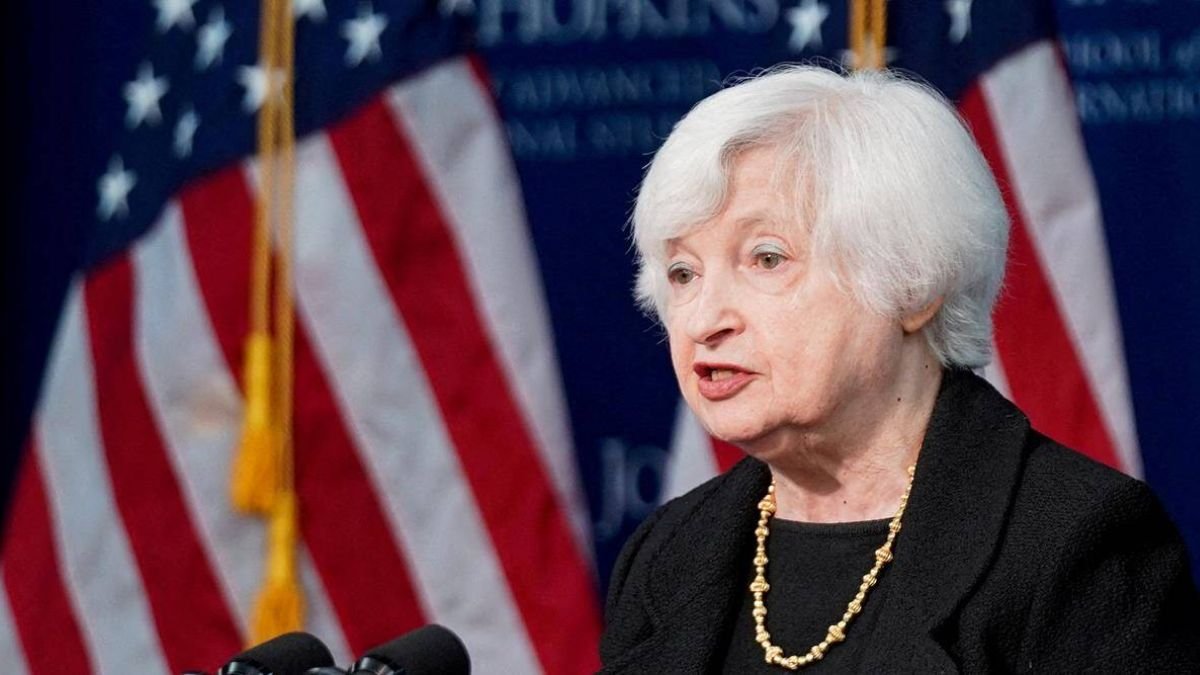US Treasury Secretary Janet Yellen Expresses Concern Over China’s Semiconductor Mineral Export Controls

In a visit to Beijing, US Treasury Secretary Janet L Yellen expressed her concern regarding China’s export controls on semiconductor minerals and its treatment of companies with foreign ties. The secretary’s remarks highlight the growing tensions between the United States and China in the realm of technology and trade.
Harsh Treatment of Companies with Foreign Ties
Secretary Yellen raised alarm over the Chinese government’s harsh treatment of companies that have foreign connections. This includes restrictive policies, regulatory challenges, and potential discriminatory actions that impede the operations of these companies. Such treatment poses a significant risk to international business relations and can hinder fair competition and innovation.
Imposition of Export Controls on Critical Minerals

Of particular concern to Secretary Yellen is China’s recent decision to impose export controls on certain critical minerals, including semiconductor minerals. These minerals are essential for the production of semiconductors, a crucial component in various high-tech industries. China’s export controls could disrupt global supply chains and impact the availability and cost of semiconductors worldwide.
The implications of these export controls extend beyond economic concerns. They can affect the development of advanced technologies, including those related to artificial intelligence, 5G networks, and autonomous vehicles, among others. Such restrictions may have far-reaching consequences for technological advancements and international collaboration.
US-China Tensions in Technology and Trade
Secretary Yellen’s expression of concern reflects the broader tensions between the United States and China in the technology and trade sectors. The two countries have been engaged in an ongoing trade dispute, with the United States imposing tariffs and restrictions on Chinese imports, and China responding with its own retaliatory measures. Issues related to intellectual property rights, market access, and fair competition have been at the center of this dispute.
The semiconductor industry has become a key battleground in the US-China technology rivalry. Both countries are striving to maintain technological leadership and dominance in this critical sector. The United States has expressed concerns about China’s efforts to achieve self-sufficiency in semiconductor production and its alleged unfair trade practices, including intellectual property theft and forced technology transfers.
Implications for Global Technology Landscape
The concerns raised by Secretary Yellen reflect the broader implications for the global technology landscape. The availability and affordability of semiconductors are vital for industries worldwide, ranging from consumer electronics to automotive manufacturing. Disruptions in the supply chain or unfair trade practices can have significant consequences for global economic growth and technological advancement.
The US-China tensions in the semiconductor sector highlight the importance of international cooperation, fair trade practices, and the protection of intellectual property rights. Addressing these concerns requires diplomatic efforts, multilateral engagement, and the establishment of transparent and equitable trade frameworks.
As the situation evolves, it will be crucial to monitor how governments and industry stakeholders navigate these challenges and work towards a more stable and mutually beneficial global technology ecosystem.
The Hindustan Herald Is Your Source For The Latest In Business, Entertainment, Lifestyle, Breaking News, And Other News. Please Follow Us On Facebook, Instagram, Twitter, And LinkedIn To Receive Instantaneous Updates. Also Don’t Forget To Subscribe Our Telegram Channel @hindustanherald








